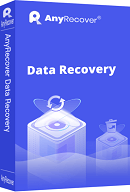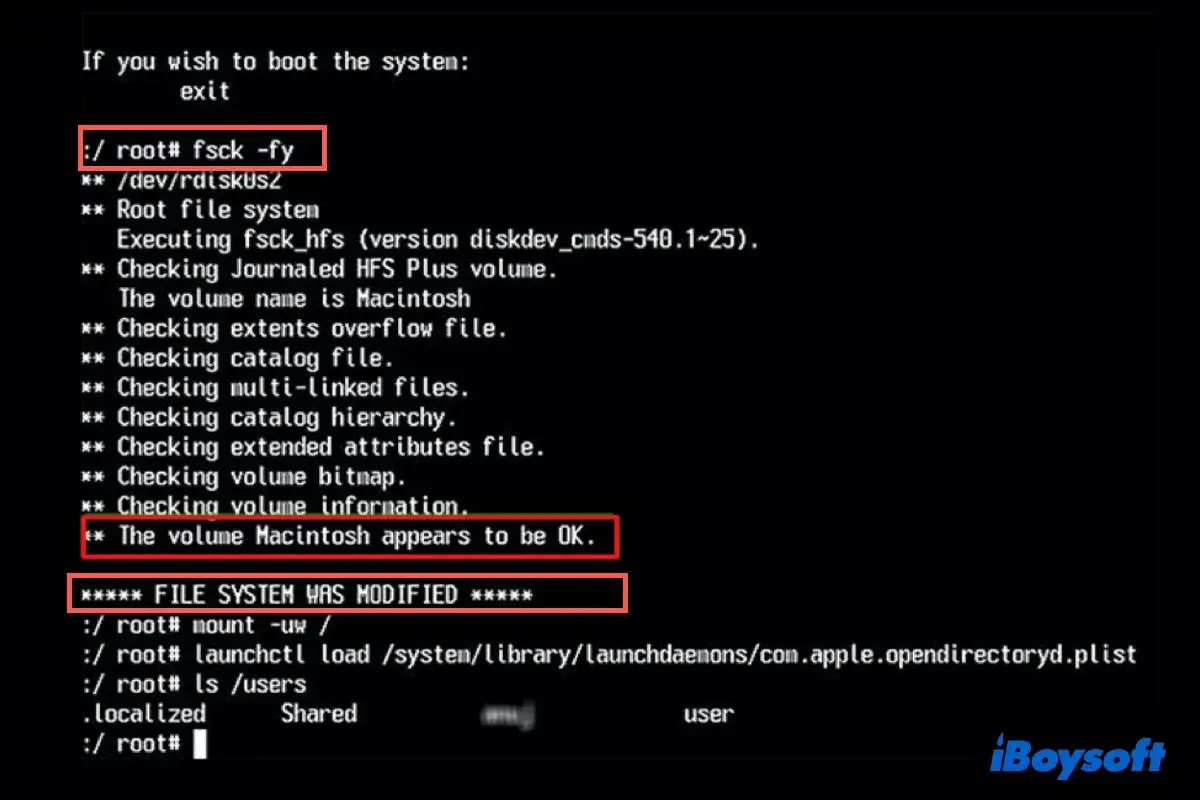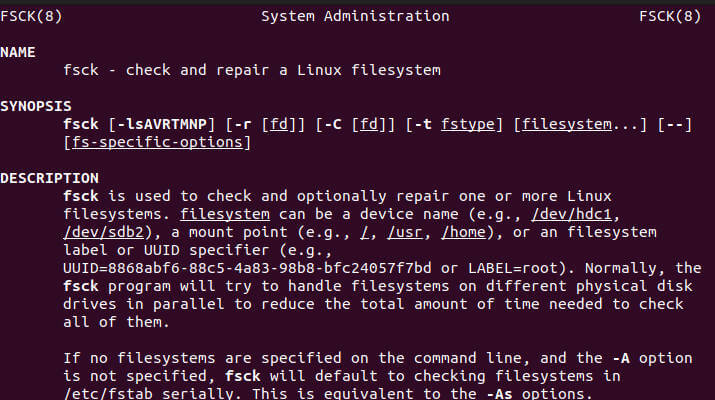How To Check SD Card Health Linux?
Checking the health of an SD card in a Linux system is crucial to ensure its reliability and prevent data loss. A healthy SD card is essential for smooth operations in devices like cameras, smartphones, or Raspberry Pi. Linux provides various tools and commands to assess the health status of an SD card. By monitoring factors such as read/write errors, bad sectors, and overall performance, you can gauge the card's condition and take necessary action if any issues are detected.
Understanding how to check sd card health linux empowers users to maintain the integrity of their data and prolong the lifespan of their storage media.However, before you can even begin to recover data, you need to This is where things can get a bit tricky, especially if you're not familiar with Linux commands and tools. If you want to recover data when sd card health check linux, you can also try AnyRecover.

Part 1.What is Linux?
Linux is a free and open-source operating system that is based on the Unix operating system. It was first introduced by Linus Torvalds in 1991, and since then, it has become one of the most popular operating systems in the world. Linux is known for its stability, security, and flexibility. It is used in various applications, from servers to desktop computers, and from smartphones to embedded systems.
Part 2.Recovering Data Before Checking SD Card Health Linux
Before
AnyRecover is a powerful data recovery software that enables users to recover lost data from various scenarios, including accidental deletion, formatting, virus attack, device corruption, lost partition, and more.The software offers a cost-efficient and all-in-one functions tool for data recovery, previews deleted data, selective recovery, and the highest data recovery rate. Another data recovery tool named iMyFone AnyRecover is also available, which is a free data recovery tool that can recover lost data on various devices.

Key Features:
- File Recovery: recover over 1000 types of file formats, including photos, videos, documents, and audio files.
- Preview Function: The software offers a preview function that allows users to preview recoverable data before they make any purchases.
- Quick Scan and Deep Scan: Quick Scan is used for scanning for recently deleted files, while Deep Scan is used for scanning for more difficult to recover files.
- Partition Recovery: AnyRecover has a partition recovery feature that allows users to recover data from deleted or lost partitions.
- Support almost all secenarios that you data lost
- User-friendly Interface: it is easy for users to navigate and recover lost files.
- 100% Secure download and usage
- Compatibility: Windows&Mac&Android and iPhone operating systems

Too bad 99% of the ‘pictures’ were images from a map Waste of time and money.
From Google

it's just perfect,I could die with it recovering all the data I deleted.
From Koch

It shown my deleted file but I was unable to recover that.
From Jay639

It shown my deleted file but I was unable to recover that.
From Jay639
Once you have installed the data recovery tool, connect the SD card to your Linux system and run the tool. The tool will scan the SD card and recover any lost or deleted data. Once the data is recovered, you can proceed with checking the health of the SD card.
Part 3.Is There a Command In Linux To Check SD Card Health?

Yes, there are several commands available in Linux that can be used to check the health of an SD card. One such command is the fsck command. The fsck command checks the file system of the SD card and repairs any errors that it finds. It is a powerful tool that can help you diagnose and fix any issues with your SD card. The fsck command is used to check and repair file systems in Linux.
Part 4.Ways To Fix SD Card Health Check Linux

If the fsck command finds any errors on your SD card, it is essential to fix them to ensure the health of the card. There are several ways to fix SD card health check errors in Linux. One way is to use the dd command. The dd command is a powerful tool that can be used to write data to disks and partitions. To use the dd command to fix SD card health check errors, follow the steps below:
Step 1:Open the terminal and type the following command. sudo dd if=/dev/zero of=/dev/sdb bs=512 count=1 conv=notrunc
Step 2:Replace /dev/sdb with the device name of your SD card.
Step 3: Hit enter, and the dd command will start writing zeroes to the first sector of the SD card. Once the command is complete, use the fdisk command to create a new partition on the SD card.
Step 4: Format the new partition using the mkfs command.
The dd command writes zeroes to the first sector of the SD card, which removes any data that may be causing errors. Creating a new partition and formatting it ensures that the SD card is clean and free from any errors.
Part 5. Can Linux Check SD Card Health?
Yes, there are several Linux tools available that can be used to determine the health status of an SD card. One such tool is the smartmontools package. The smartmontools package is a set of tools that can be used to monitor and analyze the health of various storage devices, including SD cards. To use the smartmontools package to determine the health status of an SD card, follow the steps below:
Step 1: Install the smartmontools package on your Linux system.
Step 2: Connect the SD card to your Linux system.
Step 3: Open the terminal and type the following command:
Firstly,sudo smartctl -a /dev/sdb
Secondly,Replace /dev/sdb with the device name of your SD card.
Finally, Hit enter, and the smartctl command will start analyzing the health of the SD card. The smartctl command analyzes various parameters, such as the number of bad sectors, read errors, and write errors, to determine the health status of the SD card. If the command detects any issues with the SD card, it will display a warning message, indicating that the SD card needs to be replaced.
Conclusion
verifying check sd card health linux environment is essential for maintaining data integrity and avoiding potential problems. By utilizing the appropriate tools and commands available in Linux, users can assess the health status of their SD cards, identify any underlying issues, and take preventive measures to ensure optimal performance. Regularly checking SD card health enables early detection of problems like read/write errors or bad sectors, allowing users to back up their data and replace the card if necessary. By following the steps outlined in this article, you can ensure that your SD card remains in good health and recover data from an useful tool-AnyReover
Time Limited Offer
for All Products
Not valid with other discount *

 Hard Drive Recovery
Hard Drive Recovery
 Deleted Files Recovery
Deleted Files Recovery
